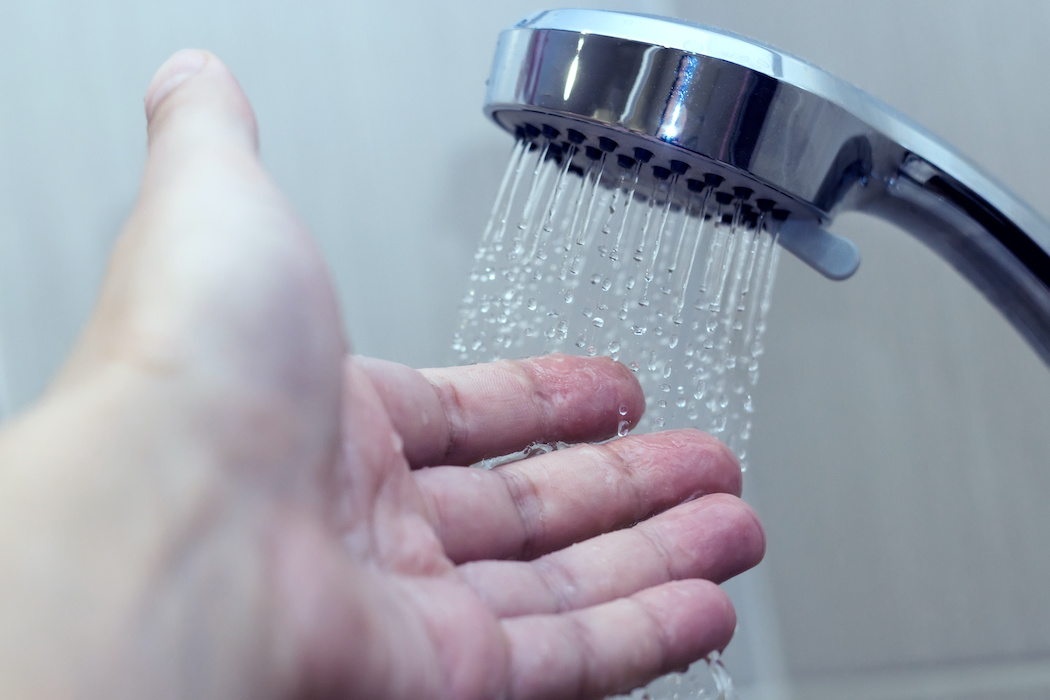 (412) 364-9114
(412) 364-9114

There’s nothing worse than waiting for your hot water to kick in…and waiting…and waiting. Whether you’ve got dishes to do or were just looking to hop in the shower, no one likes cold water—especially in the middle of winter. So, if you’ve ever asked yourself “why does it take so long for my water to get hot?” we’ve got a few things for you to consider.
There are a lot of contributing factors to consider when wondering why it takes so long for your water to heat up. One simple reason could be the distance your shower and/or sink are from the hot water heater. Think about it this way. If your hot water heater is in the basement and your shower or sink is on the second floor, that’s a pretty long way for your water to travel. In this case, you just have to be patient.
Another issue could be the location of your house. In other words, the outside temperature can play a large part in how fast it takes water to heat up. Pittsburgh is no stranger to bitterly cold winters. During the freezing times of the year, water is entering your home at colder temperatures and traveling through colder pipes. That may cause the water to heat up more slowly than it does in the summer.
Another reason you might be waiting a while for hot water has to do with your pipes themselves.Other than their actual location (too close to your home’s exterior), there are few reasons they might be to blame. First off, whenever you turn on your faucet, the first water to reach you is that which is already in the pipes. In other words, the water that’s been sitting in there since the last time you used the shower or sink.
The size and thickness of your pipes may also contribute to how quickly your water heats up. Pipes with a larger diameter hold more water and it takes longer for all of that flowing water to heat up consistently. Thick pipes can also cause your hot water to arrive more slowly. That’s because they absorb more heat.
You’ve probably already guessed it, but the most common cause for slow hot water is your hot water heater. Even if your hot water eventually reaches you, there’s a good chance things are operating at the optimal level. Hot water heaters have a relatively short lifespan, maxing out after around twelve years. If your unit is older than this, it may simply be worn down and not performing at optimal levels.
Another issue with hot water heaters is sediment building up over time. This is particularly true in areas with hard water. All water contains some amount of sediment, but parts of the country with particularly high amounts of certain sediments such as magnesium and calcium could see this affecting the time it takes hot water to reach its destination. That’s because these sediments collect at the bottom of your hot water heater’s tank, leaving less room for actual liquid water, meaning there’s less water to actually heat up.
Cleaning out your hot water heater tank or upgrading to a tankless system are a great way to take care of this problem.
Whether your pipes are to blame or it’s time to address that old hot water heater, Terry’s Plumbing can help you get back to enjoying your shower or getting the dishes done. Contact us to learn more and what we can do for you.